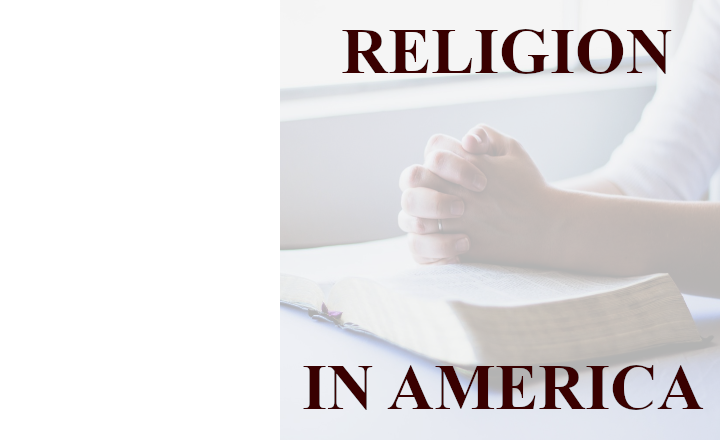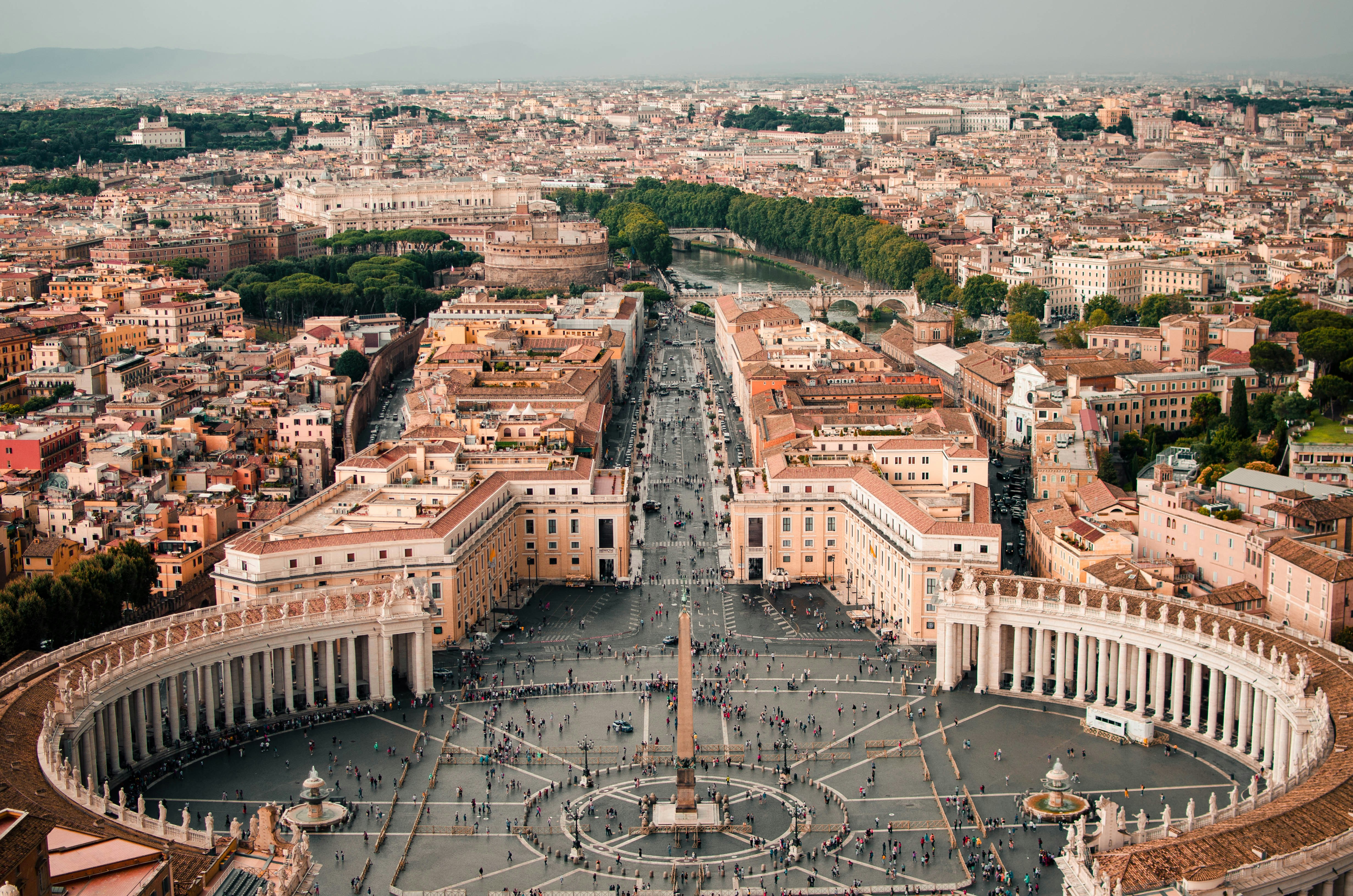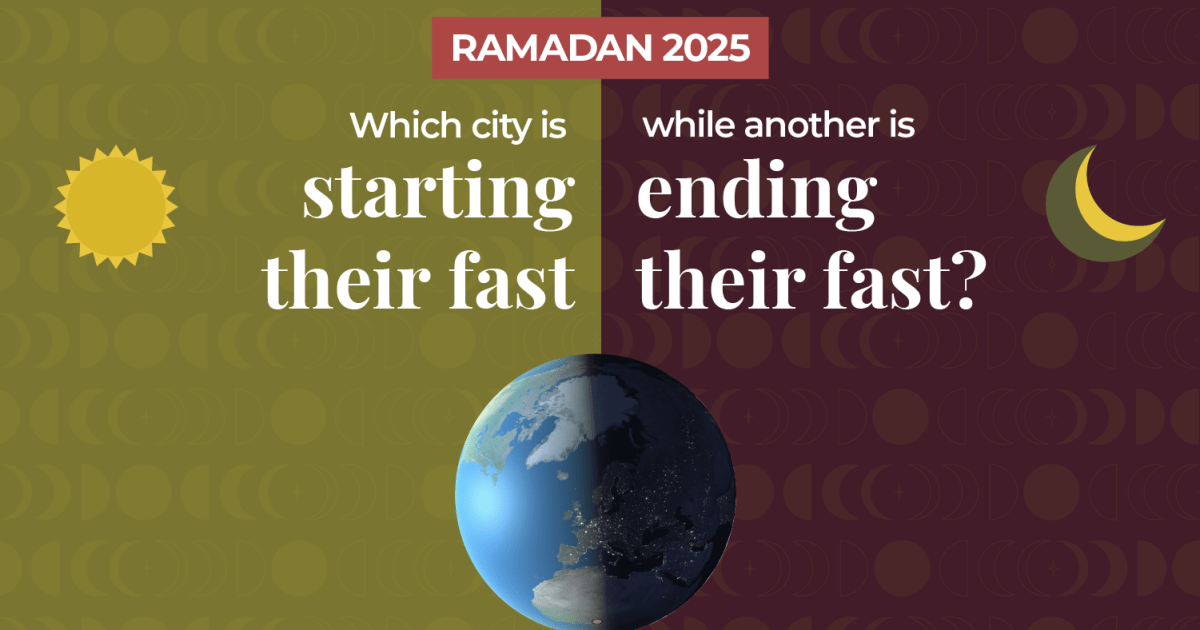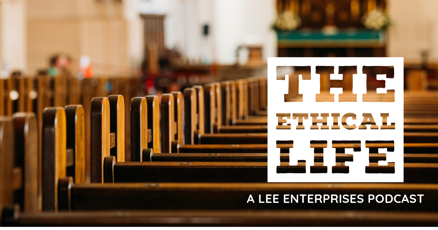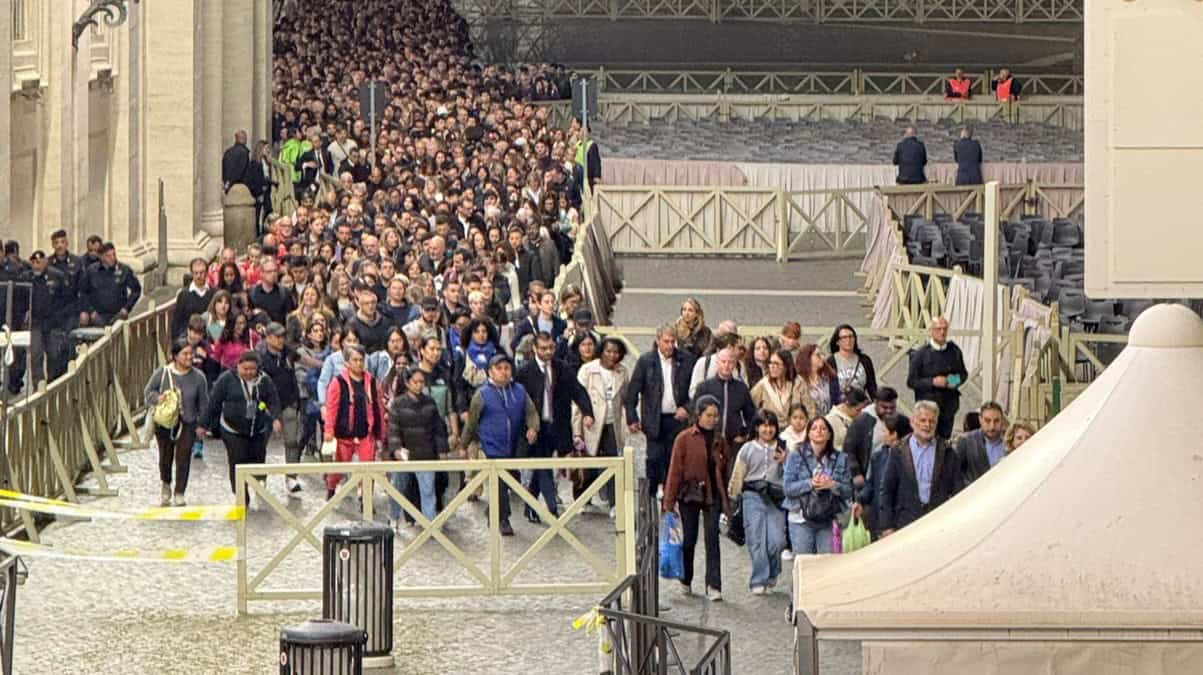Papal Succession Unveiled: Inside the Secret Conclave That Chooses the Next Leader of the Catholic Church
Religion
2025-04-22 22:18:00Content
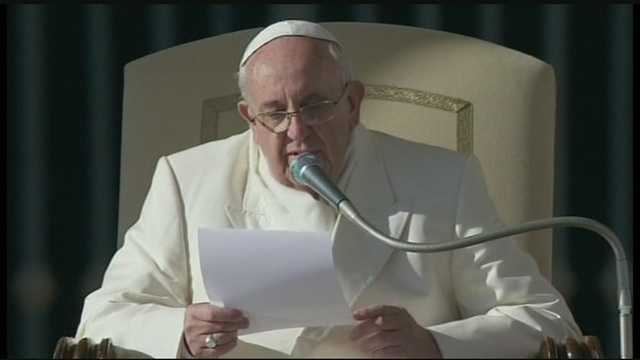
As the global Catholic community mourns the passing of Pope Francis, the Vatican is gearing up for one of its most significant traditions: the papal conclave. This centuries-old process of selecting a new pontiff is a complex and deeply spiritual journey that captures the attention of over 1.3 billion Catholics worldwide.
The election of a new pope is far more than a simple leadership transition—it's a profound moment of discernment and spiritual reflection. Cardinals from around the globe will gather in the historic Sistine Chapel, sealed off from the outside world, to engage in a sacred voting process that has remained largely unchanged for centuries.
During the conclave, cardinal-electors will cast secret ballots, seeking divine guidance in choosing the next leader of the Roman Catholic Church. The process requires a two-thirds majority vote, symbolizing the need for broad consensus and spiritual unity. Each ballot that fails to produce a new pope is famously burned with chemicals that create either black smoke (no decision) or white smoke (a new pope has been selected), a dramatic visual signal to the waiting world.
This pivotal moment represents not just an administrative change, but a spiritual transition that will shape the direction of the Catholic Church for years to come.
Papal Transition: Navigating the Complex Path to a New Pontiff
In the hallowed halls of Vatican City, a momentous process is unfolding that will shape the future of the Roman Catholic Church. As Pope Francis's legacy hangs in the balance, the intricate machinery of papal succession begins to turn, promising a profound moment of spiritual and institutional transformation that will resonate far beyond the ancient walls of St. Peter's Basilica.The Unprecedented Journey of Papal Succession Unveiled
The Conclave: A Sacred Democratic Ritual
The papal election process represents a unique intersection of spiritual tradition and institutional governance. Cardinals from around the world will converge in the Sistine Chapel, sealed off from external influences, to engage in one of the most sacred electoral processes in human history. This centuries-old tradition, known as the conclave, transforms the Vatican into a crucible of spiritual deliberation and political negotiation. The selection process is both mystical and methodical. Cardinals over 80 are excluded, leaving approximately 120 electors who will cast secret ballots. Each ballot requires a two-thirds majority to elect a new pope, a threshold that demands extensive dialogue, compromise, and spiritual discernment. The process can be prolonged, sometimes lasting days or even weeks, as cardinals seek divine guidance and consensus.Behind the Scenes of Papal Selection
The mechanics of papal selection are far more complex than typical electoral processes. Cardinals engage in extensive private conversations, known as "congregations," before the conclave begins. These discussions explore the church's current challenges, potential leadership qualities, and the theological direction needed for the next pontificate. Theological expertise, pastoral experience, and global perspective become critical criteria. The chosen pope must navigate increasingly complex global challenges: declining church membership in traditional strongholds, addressing historical controversies, and maintaining relevance in a rapidly changing world. The selection is not merely about an individual but about charting a strategic course for a global religious institution.Global Implications of Papal Transition
The papal succession transcends religious boundaries, carrying significant geopolitical and cultural implications. The new pope will lead over 1.3 billion Catholics worldwide, influencing conversations around social justice, climate change, interfaith dialogue, and humanitarian issues. Modern papal elections require a delicate balance between preserving traditional doctrine and responding to contemporary societal shifts. The chosen pontiff must communicate effectively across diverse cultural landscapes, leveraging both traditional ecclesiastical communication and modern digital platforms to reach a global audience.Technological and Spiritual Convergence
While rooted in ancient tradition, the papal election process has subtly integrated modern technological considerations. Background checks, global communications, and unprecedented transparency have become integral to the selection process. Cardinals now consider a potential pope's ability to navigate digital communication landscapes while maintaining doctrinal integrity. The election represents a profound moment of institutional renewal, where spiritual discernment meets organizational strategy. Each ballot cast is simultaneously an act of faith and a strategic decision about the church's future direction, balancing reverence for tradition with the imperative of adaptive leadership.Historical Context and Contemporary Challenges
Pope Francis's potential successor inherits a complex ecclesiastical landscape. Issues like clergy sexual abuse scandals, declining church attendance in Western nations, and the need for meaningful interfaith dialogue will demand unprecedented leadership skills. The next pope must be a global diplomat, a spiritual leader, and an institutional reformer—a multifaceted role that requires extraordinary personal and professional capabilities. The selection process becomes a critical moment of institutional soul-searching and strategic realignment.RELATED NEWS
Religion
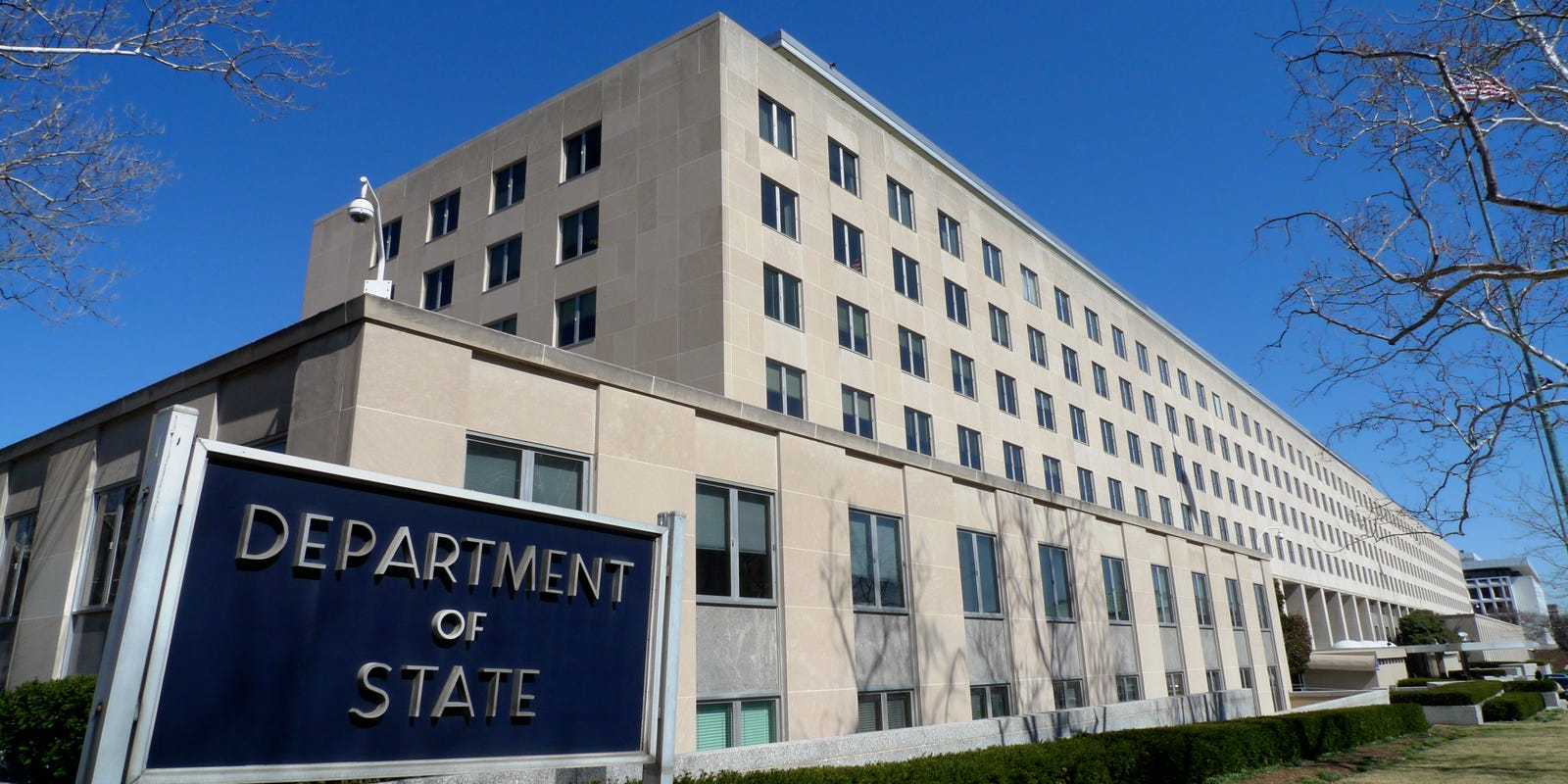
Diplomatic Alarm: State Department Calls for Tracking Christian Persecution Under Biden Administration
2025-04-13 19:12:46
Religion

Equality for All: India Challenges Nations at UN to Embrace Inclusive Citizenship
2025-03-15 06:12:00
